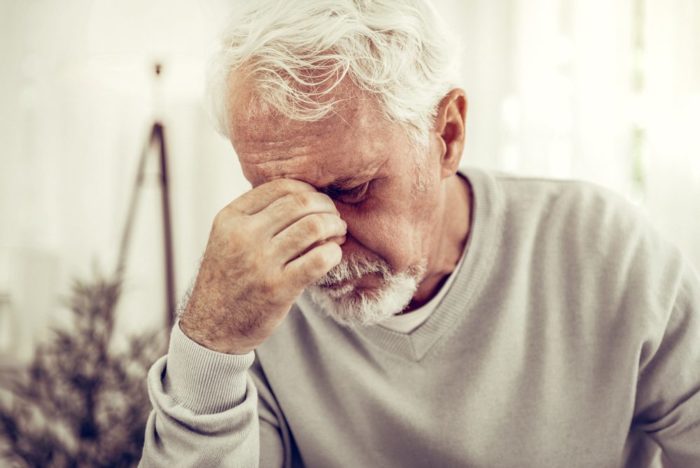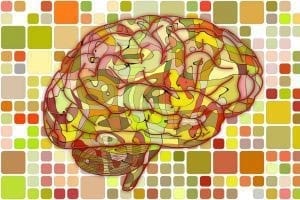According to a story from the Glasgow Times, David Steed of Paisley, UK, was diagnosed with adrenoleukodystrophy when he was 18 years old. At the time, he didn’t have any symptoms, but was tested after a family member died from it. He’s 50 years old now, and his symptoms first began three years ago. Now, he can’t walk without crutches and suffers from fatigue. Once he was diagnosed, he gave up on the idea of having a family.
About Adrenoleukodystrophy
Adrenoleukodystrophy is a genetic disease which is linked to the X chromosome. It is most characterized by the accumulation of fatty acids because the enzymes that process them are not functioning normally. This leads to damage of the myelin sheath, an insulating, fatty layer that coats nerve cells and is essential to their function. Adrenoleukodystrophy is caused by mutations that affect the ABCD1 gene. The presentation of this disease varies significantly. This makes the process of diagnosis very difficult in many cases. Some patients have no symptoms, but when they do appear, they often include neurodegeneration, paraparesis, neuropathy, behavioral abnormalities, adrenal insufficiency, and dementia. Symptoms often progress in severity without treatment. Treatment of adrenoleukodystrophy may include gene therapy, stem cell transplant, and changes in diet. These treatments are often only effective in the early stages of the disease. To learn more about adrenoleukodystrophy, click here.
The onset of symptoms has also impacted David’s mental health; he now deals with depression.
“I wouldn’t want anyone else to have this condition.” – David
Unfortunately, there isn’t much that David can do about the disease, and his symptoms will progress in severity as he ages. Michael Conway, a 55 year old who also lives with adrenoleukodystrophy, lives just a few miles away. He says he hasn’t been able to sleep well for eight years and suffers from extreme fatigue.
He was surprised to learn that another patient lived so close by as the disease is quite rare.
“There is no cure or medication to help symptoms but if there was more awareness and research that might really help.” – Michael
Do you know a patient that needs support? Reach out to Alex TLC for assistance.








